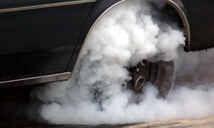Global internet search volume is in the neighbourhood of 230 million searches per hour, or nearly six billion per day.
That’s according to… an internet search. They include plenty of questions about cars, with some coming from concerned owners curious about what’s considered normal and what’s not. Here we’ll take a look at 12 of the most common web search questions that start with the prefix “Is it normal for my car to….”
Is It Normal for My Car to Idle at 1,000 rpm?
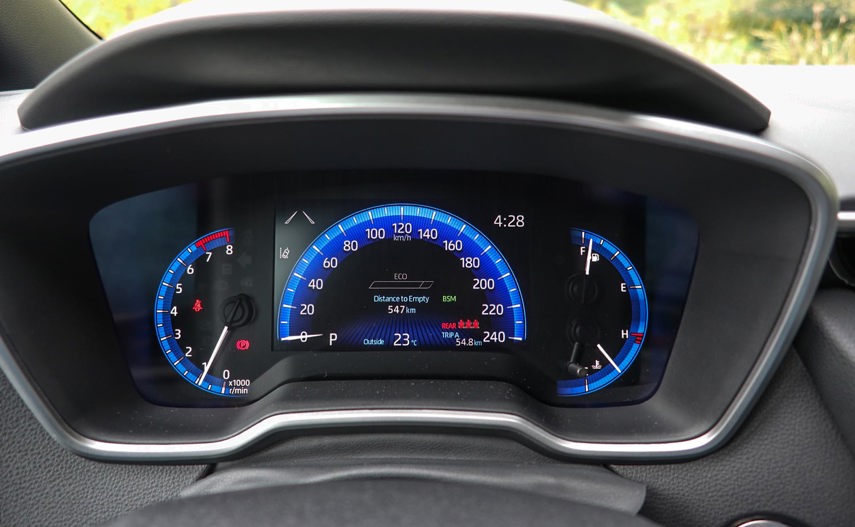
In some situations, yes. Modern cars have a high idle speed, typically 1,000–1,500 rpm, which is usually seen for a moment or two when the engine is started, especially in the cold, before settling down to about 750 rpm.
Some engines will idle at a higher speed when the air conditioner is turned on, when sport mode is engaged, or when the engine is very cold. Others will not. While a 1,000-rpm idle is normal in some situations, a warm engine should generally idle at about 750 rpm when the vehicle is running while parked and the air conditioner is off.
A healthy engine will idle smoothly at one of several different speeds, depending on the current situation. If you’re experiencing a rough, sporadic idle, or an engine that struggles to stay running while idling, see a mechanic.
Is It Normal for My Car to Leak Water?
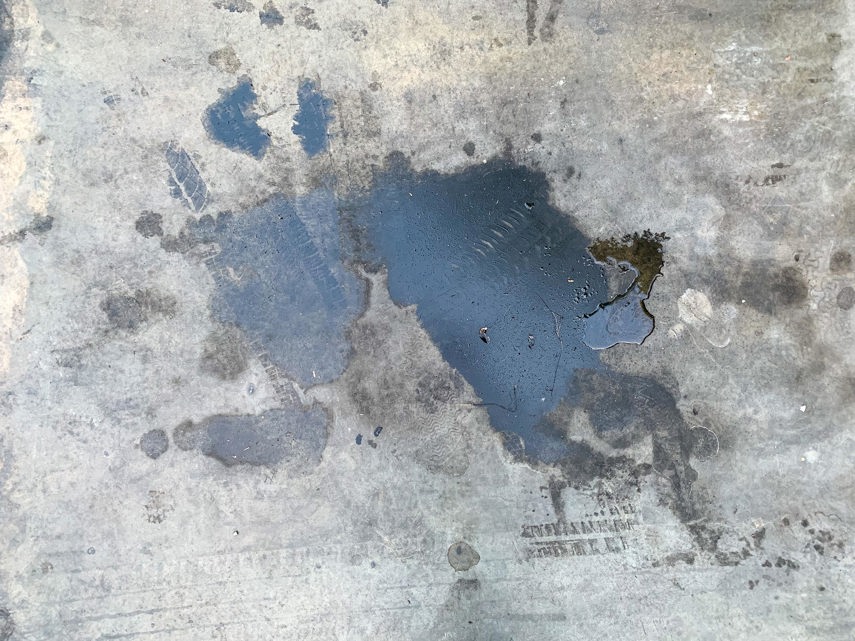
Yes, depending on the leak. If your car has air conditioning, dripping water underneath is just fine. As the air conditioner cools the air inside your car, it also sucks moisture and humidity out of it. That’s what air conditioning means: the air is conditioned as it’s pumped into the cabin.
So where does the moisture go? Usually, out through a little drain tube under the car. Water collected from the AC process leaks harmlessly onto the ground below, sometimes forming a puddle if you’re idling with your AC turned on a muggy day. In some cars, this water drip can contact hot exhaust system parts, causing a sizzling sound or whiffs of steam.
So, water dripping from your car while the AC is in use is normal. Still, double-check what’s leaking. An air conditioner drip is straight water. If you notice a drip of anything else, see a mechanic.
Is It Normal for My Car to Use Coolant?
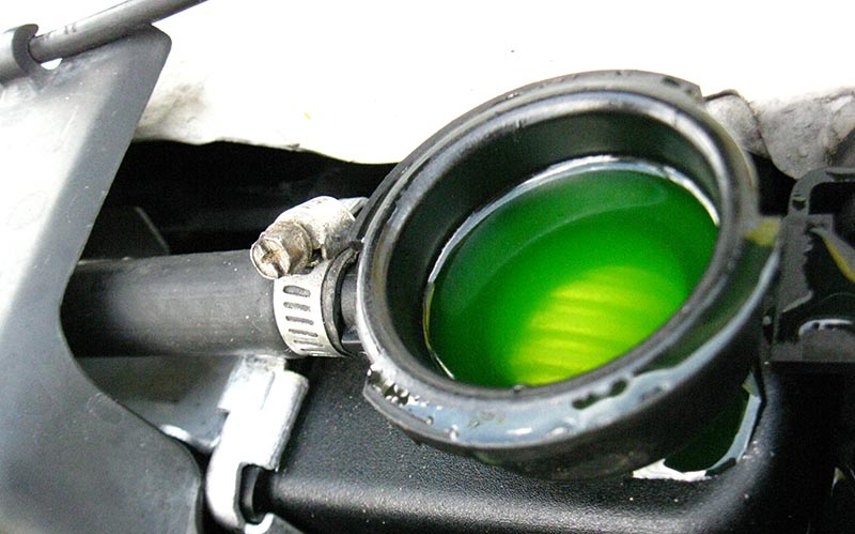
No. Coolant loss is associated with numerous vehicle problems, most of which relate to its engine and none of which are much fun to deal with.
For instance, a coolant loss over time could be a sign of a defective engine block, cracked cylinder head, head-gasket problem or failure, a radiator or cooling system leak, a bad water pump, a leaky climate-control heater core, and more. Running an engine with low coolant can cause overheating, catastrophic engine damage, and an array of other pricey problems.
If your car is losing coolant, have it seen by a professional as soon as you can. Remember that even a few moments of driving an overheated engine can result in serious damage.
Is it Normal for My Car to Smell Like Gas?
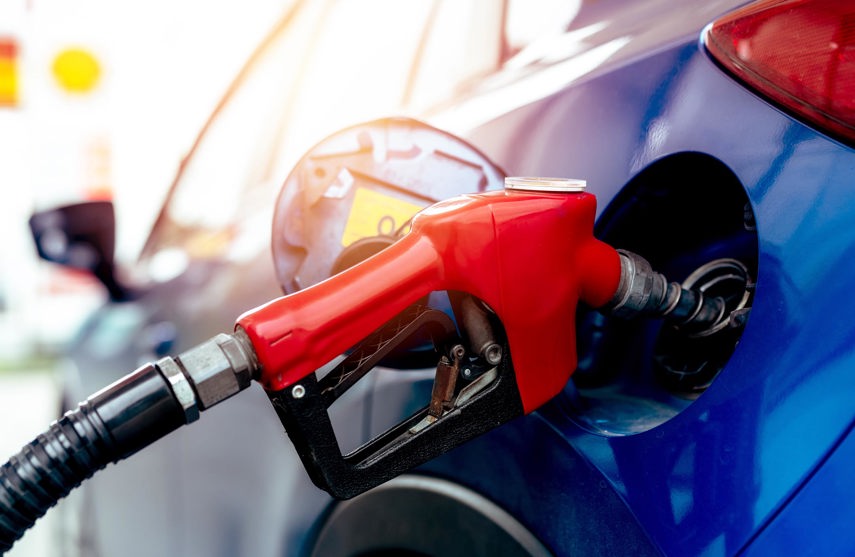
No. In a healthy, modern car, there’s almost no good reason to smell raw gasoline in or around your vehicle other than when filling up, where a whiff or two of gasoline vapour is expected.
If you notice a strong fuel odour in or around your car, you might have one or more serious problems, including a leaky fuel line or sending unit, a leaky fuel injector or fuel rail, or a leaking fuel tank. Fuel leaks can be dangerous, and some vehicles have been recalled by manufacturers to pre-emptively fix potential fuel leaks before they have a chance to start a fire. If you smell gas, proceed with caution and have a technician investigate.
A strong fuel odour can also be a sign of oil dilution. This is a rare problem suffered by some engines, where gasoline and engine oil are allowed to mix, reducing the effectiveness of the engine oil through dilution and causing engine damage. If you smell a strong fuel odour under the hood of your vehicle, especially when removing the engine oil dipstick or engine oil filler cap, you may have a problem with oil dilution. Professional help is required.
Is It Normal for My Car to Shake When the A/C Is On?
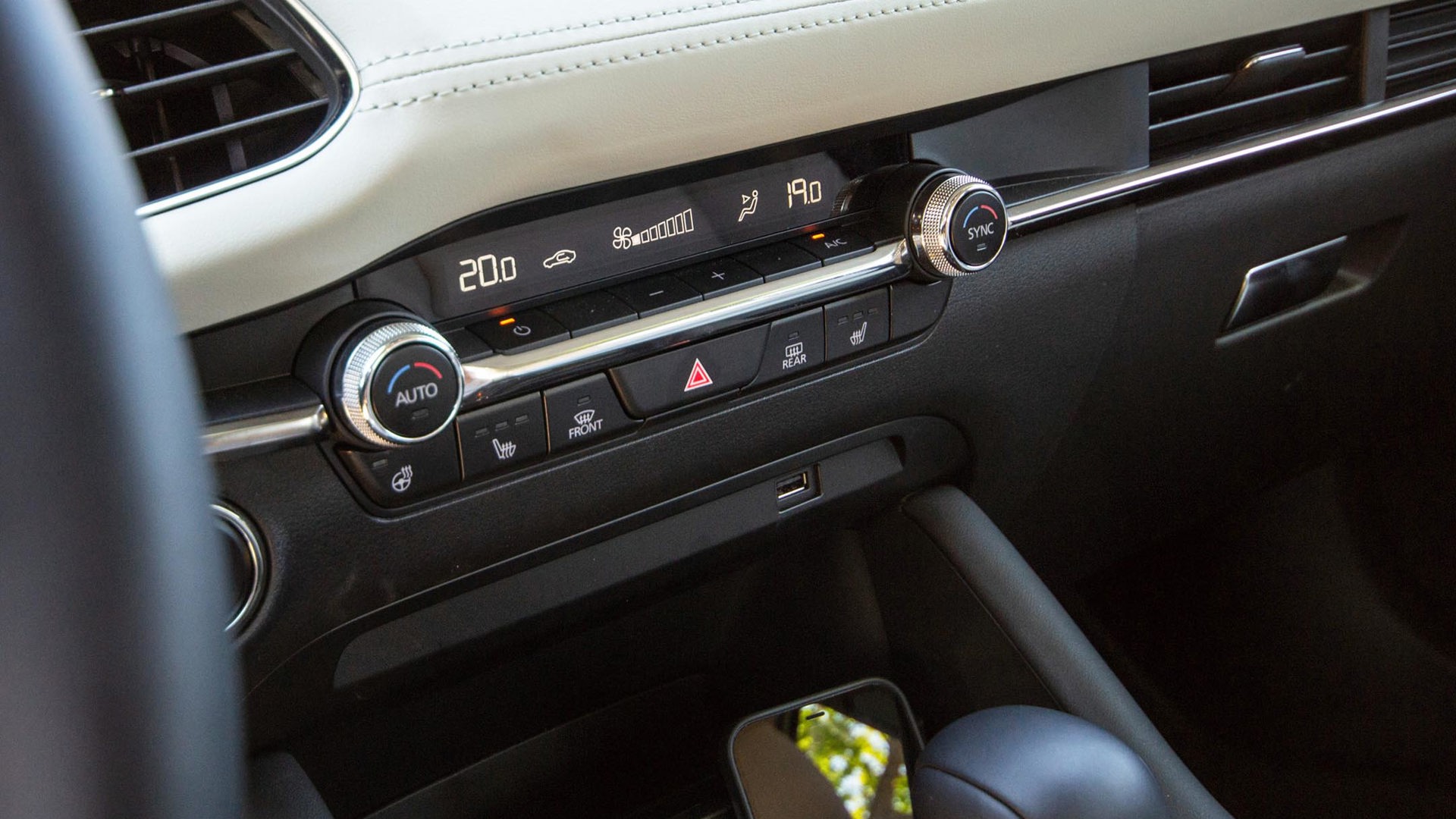
Generally. In most cars, running the air conditioner engages additional components that draw on the engine’s power. In many cars, it’s normal to feel a vibration or shudder from your idling engine when the air conditioner is turned on, and for the engine’s idle to smooth out a little when it’s turned off.
If turning on the A/C causes your engine to shake or vibrate a lot, or struggle to run, run poorly, or even stall out, see a mechanic.
Is It Normal for My Car to Shake When I Brake?
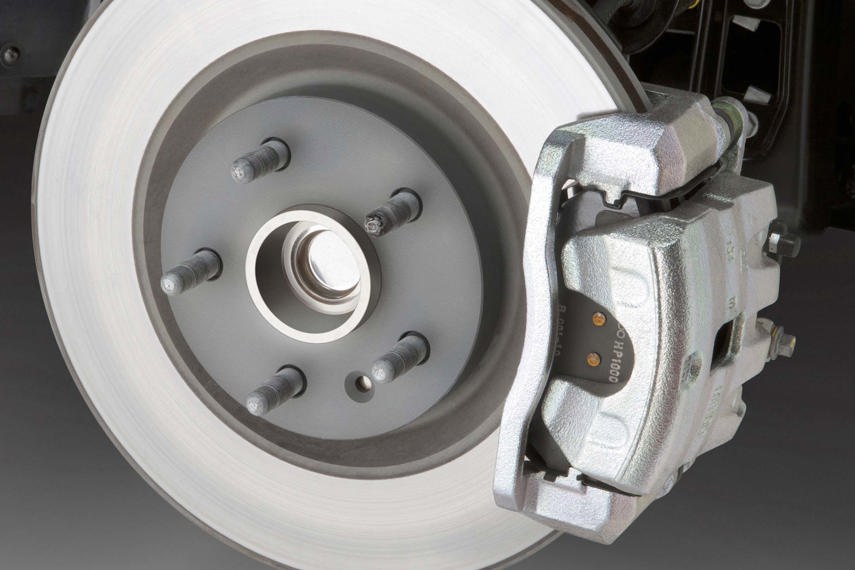
No. When a car’s braking system is healthy, pressing the brake pedal will begin to slow the vehicle with a slight touch on the brake pedal, and under hard braking the vehicle should stop in a straight line, smoothly, and with a firm brake pedal feel.
If your car has an anti-lock braking system (ABS), as the vast majority on the road today do, hard braking may result in clicking or buzzing sounds and sensations, including some felt through the brake pedal. This is normal, too.
So what’s with the shaking? If braking causes your vehicle to exhibit a pulsating or wobbling sensation, vibration, shake, shimmy, or seat-shaking shudder, your braking system is in need of professional attention, and likely requires some new pads and rotors.
Brand new brake rotors are perfectly smooth, allowing them to work without any shaking or vibration. Over time, brake rotors can warp and lose their smoothness, which causes vibrations when they’re in use. If your car shakes while you’re on the brakes, take it as an invitation to have a technician investigate.
Is It Normal for My Car to Smoke in Cold Weather? In the Morning?
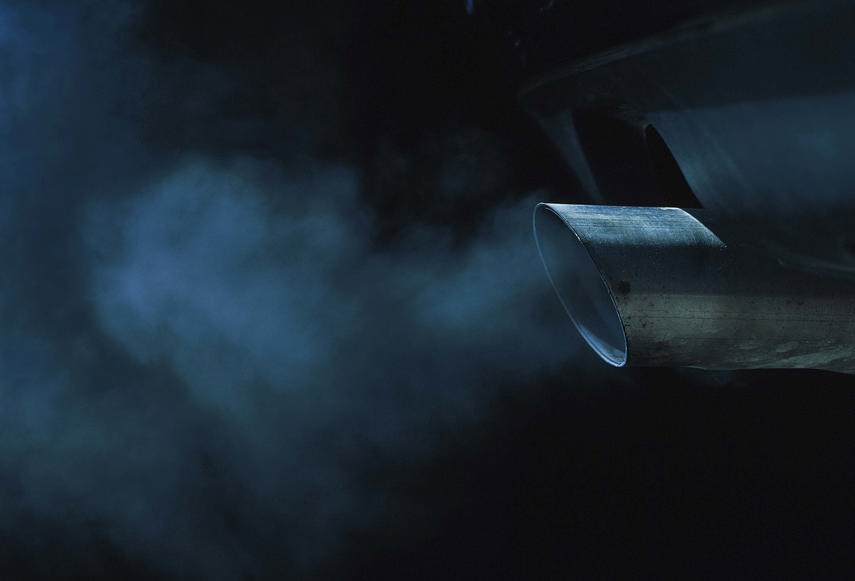
Probably. Igniting fuel to start an engine at, say, -20 degrees Celsius is very difficult, and modern engines have a multitude of tricks up their sleeves to give drivers what they expect: a fuss-free start, even at face-shattering temperatures.
One of those tricks is to inject extra fuel into the engine as it fires up, helping it to turn over and generate heat more quickly. This momentary rich fuel mixture can result in a puff of dark smoke for a moment or two when the engine is started in the cold.
A similar process commonly results in an occasional puff of dark smoke from the tailpipe of some turbocharged cars when driven at full throttle. Here, the engine runs the same rich fuel mixture for a moment, the extra gasoline burn resulting in a black puff from the tailpipes.
So, while a healthy engine can exhibit the occasional puff of dark tailpipe smoke in certain situations, prolonged or continual smoke from an engine can be a sign of serious trouble – especially if the smoke is blue in colour, or thick, white, and sweet smelling.
Is It Normal for My Car Battery to Die?

Yes, but not too often – or too soon. All batteries have a lifespan, and will eventually weaken and die over time. Many owners of modern cars report the need to change their battery every two to four years, though habits and lifestyle play a role in battery health. If you only drive your car occasionally, or make a lot of short trips, your battery may wear out and die even more quickly.
Modern cars have a lot of electronics, and they’re hard on their batteries. In some cases, factory-installed batteries die after just two years. A battery that dies on a regular basis or requires occasional boosting or charging may be weak, nearing the end of its life, or being drawn down by a malfunctioning accessory.
It’s normal to have to replace your battery every few years, but not normal for your battery to require a boost or charge a few times a month. To extend the life of your vehicle’s battery, consider using a trickle charger if your car is parked for more than a few days on end. This conditions and sustains the battery, improving its reliability and extending its lifespan.
If you’re finding the need to boost your car on a somewhat regular basis, have the battery and charging system inspected by a professional, and replace the battery for maximum peace of mind. Unplugging all USB-connected accessories when you leave your car and storing smart key fobs far away from your vehicle can help reduce battery drain, too.
Is It Normal for My Car Fan to Run After I Turn It Off?
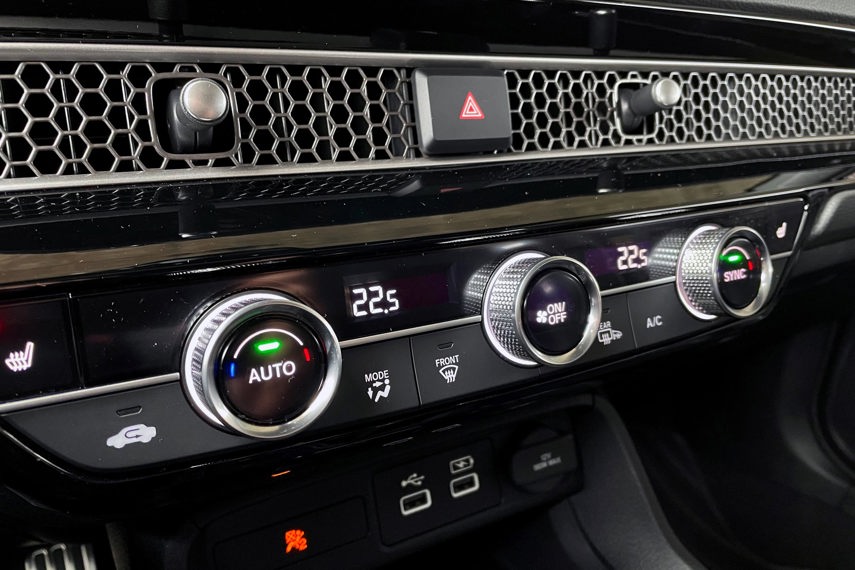
Yes. In fact, your car may have several noisy activities on the go after you turn it off. When you shut off your car, it may need to run certain systems a few more minutes to do things like cool down the engine, circulate oil through the turbocharger for safer cool-down, or run the climate control fan to dry excess moisture from the system’s internals after a drive on a muggy day.
In some situations, modern cars will run one or more fans, pumps, motors, or other components, even after the engine stopped. This means you may hear the sound of a fan running, a buzzing motor, a hissing compressor, or a whining electrical component – even as you lock your car and walk away.
Some days, your car may make these sounds. Other days, it may not. Turning your car off doesn’t necessarily stop all of its activities, but it’s perfectly fine to lock up and walk away.
Is It Normal for My Car to Overheat in Hot Weather?
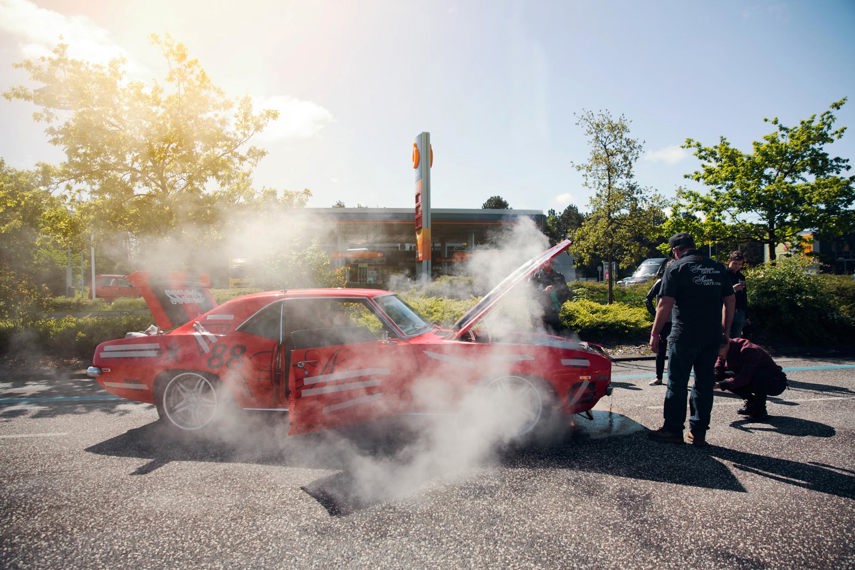
No. If your car is overheating, there’s a serious problem with its engine or cooling system that should be addressed immediately. Driving an overheated engine can cause serious and expensive damage.
When things get too hot, the coolant temperature gauge goes into the red zone, a warning is displayed, and you’ve got mere moments to take steps to pull over and get that engine cooled down.
Check your owner’s manual for the full scoop. Note that the temperature gauge in some vehicles may creep up to higher-than-usual levels on hot days, which is generally fine. Like humans, engines can run at a range of temperatures from cool to warm.
It’s OK if your engine is running a little warmer than usual when it’s hot outside, but if your engine overheats, it’s like a human catching a fever: the situation is now dangerous, and immediate action is required. An overheating engine may be suffering from a coolant leak, bad thermostat, malfunctioning fan or fans, a bad water pump, or something else. If in doubt, get it checked out.
Is It Normal for My Car to Steam in the Rain?

Yes. While your car drives down the road, many parts underneath it become piping hot, including the brakes, exhaust system, and underside of the engine. When it’s raining, water sprays and splashes all over your vehicle’s underside, contacting those hot parts where it turns into steam. The steam is more noticeable while you’re parked, for instance, or stopped at a red light. Here, water from under your vehicle is dripping onto its hot exhaust, creating a cloud of steam.
If you’re driving in the rain and the inside of your car is steamy, be sure to turn on your air conditioner. If functioning properly, it’ll dry the cabin air, reducing the steaminess. Note that a steamy cabin, especially accompanied by a sweet, warm smell, may also be suffering from a heater core leak, which requires professional assessment.
Is It Normal for My Car to Throw Up?
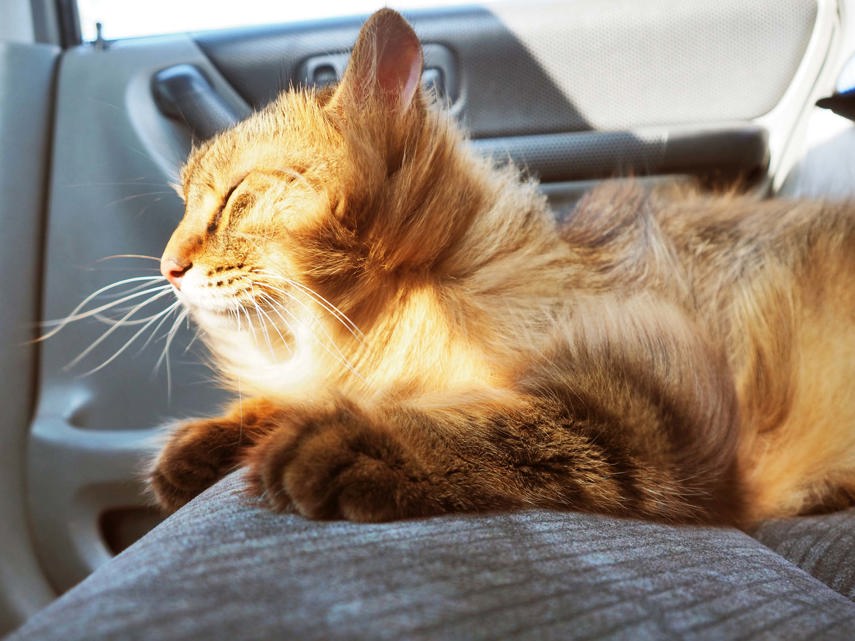
No. Your car shouldn’t throw up. Everyone knows that, of course. As it turns out, one of the internet’s most popular car questions is actually a typo. If your cat is throwing up, be sure to consult a veterinarian.
